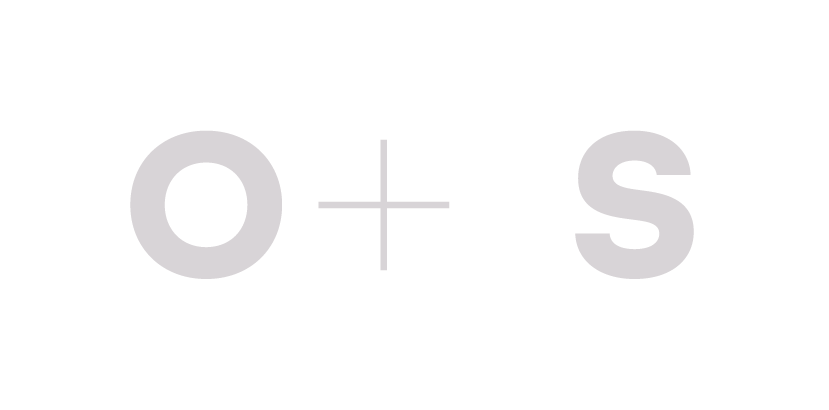Our guide to envelope sizes: Finding your perfect fit
There’s an envelope for every document, and every occasion!
Envelopes may seem like a small detail, but choosing the right size can make a big difference in the presentation and professionalism of your correspondence. Whether you're sending invoices, invitations, or hefty reports, there's an envelope size that’s just right for the job.
When picking an envelope, think about:
What you’re sending: Does it need to stay flat, or can it be folded?
The impression you want to make: Larger envelopes often feel more formal and professional.
Postage costs: Larger sizes and thicker contents may require additional stamps.
Let’s break down four of the most common sizes and when to use them.
DL, C6, C5, and C4 are the most common types of envelopes.
DL (and DLX for a Little Extra)
Dimensions: 110 x 220 mm
Best for: A long DL card, or standard A4 paper folded into thirds. DL envelopes are the workhorses of the envelope world—perfect for mailing invoices, letters, or brochures. If you need a bit more room, consider a DLX envelope (120 x 235 mm), which offers extra wiggle room for thicker documents or inserts.
C6
Dimensions: 114 x 162 mm
Best for: A6 cards, A5 paper folded in half or A4 paper folded twice. C6 envelopes are a go-to for handwritten notes, greeting cards, and invitations. They’re compact, stylish, and just the right size for making an impact without overwhelming your recipient.
C5
Dimensions: 162 x 229 mm
Best for: A5 documents without folding, or A4 paper folded in half . C5 envelopes strike a balance between functionality and formality. They’re ideal for sending smaller booklets, event programs, or letters that you’d prefer not to fold.
C4
Dimensions: 229 x 324 mm
Best for: Flat A4 paper, no folding required. When you need to send reports, proposals, or certificates, the C4 envelope is your best friend. Its larger size ensures your documents arrive pristine and professional, without creases or folds.
Why not add a bit of personality to match your brand? First impression count, even in the mailbox.
Other things to consider
Lick and Stick vs Peel and Seal?
Lick and Stick: The traditional option—just moisten the adhesive strip to seal. It’s cost-effective but can be a bit time-consuming for large mailouts (and let’s face it, no one loves licking envelopes).
Peel and Seal: A modern alternative with a peel-off strip that reveals a self-adhesive surface. It’s quick, clean, and ideal for bulk mail, making the process much smoother.
Do You Need a Window Face?
Window envelopes: Perfect for invoices, statements, or any document where the recipient's address is pre-printed on the insert. No need to print labels or handwrite addresses—just fold your document to fit.
Non-window envelopes: Great for more personal or formal correspondence, like invitations or reports, where a clean, professional appearance is key.
Standard White or Something More Unique?
Standard white: A classic choice for most business and professional needs—clean, versatile, and cost-efficient.
Custom colors or finishes: Want to make an impression? Colored or textured envelopes, like kraft paper or metallic finishes, can add a touch of personality to your mail and help it stand out in a crowded mailbox. You also might like to add a wax seal with your logo or initials for a unique look!
Whatever you’re mailing, the right envelope size ensures your message is delivered with care. Need help designing custom envelopes to suit your brand? Let us know—we’re here to help!




